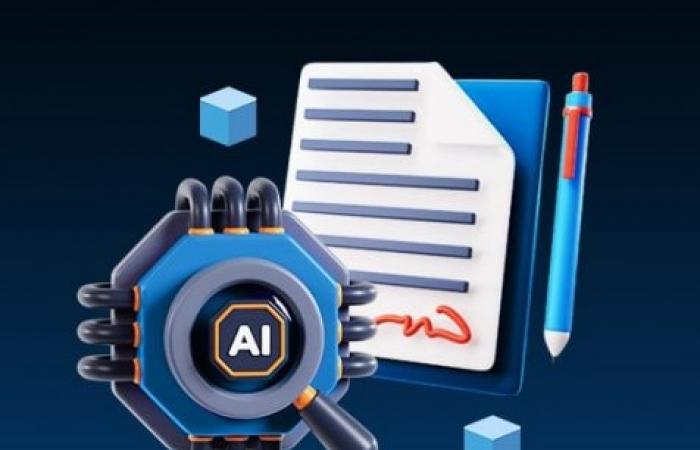Introduction
Smart contracts represent one of blockchain technology's most transformative applications, enabling self-executing agreements that automatically enforce terms when predetermined conditions are met. In 2025, smart contracts process over $200 billion in value quarterly across decentralized finance, supply chains, insurance, and real estate, demonstrating their evolution from experimental technology to critical business infrastructure.
What Are Smart Contracts?
A smart contract is a self-executing program stored on a blockchain that automatically executes, controls, or documents legally relevant events according to contract terms. Unlike traditional contracts requiring manual enforcement by parties or legal systems, smart contracts execute automatically when coded conditions are satisfied, eliminating intermediaries and reducing execution costs by up to 90%.
How Smart Contracts Work
Smart contracts operate through if-then logic encoded in blockchain protocols. When predefined conditions ("if") are met, the contract automatically executes specified actions ("then") without human intervention. For example: "IF payment of $10,000 is received from Address A by October 15, THEN transfer property title to Address A and release funds to Address B." This trustless execution ensures parties cannot renege on agreements once conditions are satisfied.
Use Cases and Applications
DeFi: Decentralized finance protocols like Aave and Compound use smart contracts to automate lending, borrowing, and yield generation without banks. $142 billion TVL in DeFi demonstrates smart contract reliability at scale.
Supply Chain: Walmart's blockchain tracks products through smart contracts that automatically update shipping status, temperature logs, and payment releases based on IoT sensor data.
Insurance: Parametric insurance policies pay claims automatically when verifiable events occur (e.g., flight delays, weather events), reducing claim processing from weeks to minutes.
Real Estate: Property sales execute through smart contracts that transfer ownership upon payment verification and completion of contingencies, eliminating escrow delays.
Benefits and Advantages
Smart contracts reduce transaction costs by 75-95% by eliminating intermediaries, settlement delays decrease from days to seconds, human error is minimized through automation, and transparency increases as contract terms and execution are recorded immutably on-chain.
Challenges and Limitations
Code vulnerabilities can be exploited (the DAO hack lost $60M), legal enforceability remains untested in many jurisdictions, oracle dependency creates centralization risks when contracts need external data, and immutability means errors cannot be corrected after deployment without complex upgrade mechanisms.
Conclusion
Smart contracts are reshaping how agreements are created and enforced, offering unprecedented efficiency, transparency, and trust minimization. As legal frameworks evolve and development tools mature, smart contract adoption will accelerate across industries, fundamentally transforming business processes and reducing reliance on traditional intermediaries.


